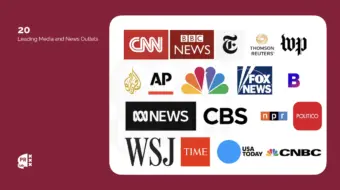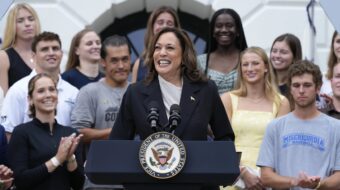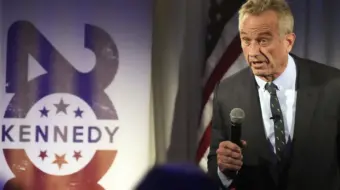
Are your teeth a part of your body? Judging by the current U.S. health care system, the answer is no. More than one-third of Americans have no dental insurance. One quarter of U.S. adults 65 and older have lost all their teeth. The U.S. surgeon general, in 2000, called dental disease a “silent epidemic.” Since then, it has only gotten worse.
Sen. Bernie Sanders, I-Vt., and Rep. Elijah Cummings, D-Md., aim to remedy this “major dental crisis” with a new bill that would expand comprehensive dental coverage through Medicare, Medicaid, and the Veterans Administration, and increase community dental services.
The legislation, the Comprehensive Dental Reform Act of 2012, notes that, “Untreated oral health problems contribute to an increased risk for serious medical conditions such as diabetes, hospital-acquired pneumonia, and poor birth outcomes.”
Cummings, at a June 7 news conference announcing the bill, cited the case of a 12-year-old child who died because his mother could not find a dentist to treat his abscessed tooth. “Lack of access to dental health care presents a real threat to public health,” Cummings said.
Currently, private health insurance plans do not include dental coverage. – if insurance companies do offer dental coverage it’s an add-on at additional cost.
According to a nationwide study of employer-provided dental health coverage by the University of Maryland Dental School in Baltimore and the federal Agency for Healthcare Research and Quality, while about half of U.S. companies offered health insurance as of 2010, only one-third offered dental insurance.
Medicare and the VA do not cover dental care for most beneficiaries. States can choose whether or not to include dental care in their Medicaid coverage.
Sanders and Cummings point out that those who are most likely to lack adequate dental care are people with low incomes, racial and ethnic minorities, pregnant women, older adults, individuals with special needs, and people who live in rural communities.
“Simply put, the groups that need care the most are the least likely to get it,” Sanders said at the news conference last week.
In addition to adding comprehensive dental care to Medicare, Medicaid and VA coverage, the bill would provide grants to set up school-based dental clinics and provide rural mobile dental care services. It would expand the number of dental health care providers, including training dental therapists who “can help close vast gaps in patient care by performing some procedures now offered only by dentists,” the lawmakers said.
The American Dental Association says three economic forces are creating a “perfect storm” that is reducing the number of U.S. families with dental coverage and causing a significant drop in visits to the dentist.
Unemployment is the first factor, says the ADA in an April report title “Breaking Down Barriers to Oral Health for All Americans: The Role of Finance.” The 12.7 million Americans without jobs who had private insurance coverage have lost that coverage.
The second is a “steady reduction” in the percentage of employers providing dental benefits.
The third factor, the ADA says, is that companies are shifting costs to consumers to pay out-of-pocket. The Kaiser Family Foundation and the Health Research and Educational Trust reported in 2010 that employers are increasing “cost-sharing,” or reducing the scope of coverage.
“Let’s be clear: the United States is in the midst of a major dental crisis,” Sanders said at the June 7 news conference.
The Sanders-Cummings bill would be funded by a tax on Wall Street financial trading transactions such as the notorious credit default swaps and derivatives trading that contributed to the economic crash of 2008. A financial transaction tax is a measure called for by the AFL-CIO and others as a way to fund needed programs while reducing the federal deficit. Sanders said it “would raise $288 billion over the next 10 years.”
Photo: Flickr












Comments